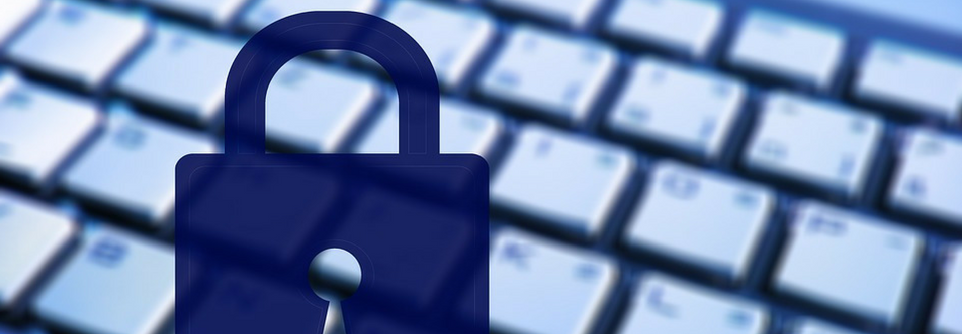Don't become a victim of a ransomware attack!
While extorting internet users for money isn't a new business model, criminals are getting more skilled and ransomware attacks are becoming more frequent. Before you panic and contemplate swapping your email account with a flock of messenger pigeons, continue reading and see how you can protect yourself.
Written by human for humans
Ransomware is a type of malware that locks your computer and prevents you from accessing your data until you pay a given sum of money to get the decryption key required to regain access to your files.
There are different ways in which ransomware can make your life difficult. It can either lock your computer screen or encrypt certain files. In the first case, a notification is shown on your system's screen, preventing you from using it, while with so-called data kidnapping, the malware prevents access to your most important files.

Your attackers will kindly provide you with instructions on how to stop the attack and get your files back – but only if you pay a relatively big sum of money, usually between 300 and 500 USD in either one of the cryptocurrencies or in form of iTunes or Amazon gift cards (less common). Sometimes the attack is backed up by a threat of increasing the sum or deleting files after a certain amount of time. And even though the stats show that some people transfer the required sum, paying the ransom does not guarantee that you will get access to your digital assets. Pretty scary, right? Well, not all is lost. Let’s see how what you can do to avoid this scenario.
How can you avoid ransomware?
Ransomware is spread through attachments in emails, visiting compromised websites, using infected software and infected external storage devices. The first advice you’ll hear regarding ransomware is "Don't pay the ransom!" You might get your files back, but there's also a (very possible) scenario of not getting them back or the attacker demanding more money. Also, you don't want to be financially supporting a criminal, right? Do all you can to avoid paying it.
The most surefire way is to avoid the attack altogether. How? By strictly following these steps:
- Keep your antivirus and security software, operating system and other software updated for the best and latest protection from new ransomware threats.
- Don't open suspicious email attachments or click on unknown links, especially if they are a part of unexpected or unknown emails. It doesn't matter even if they are sent from people you might know!
- Turn off macros in Microsoft Office suite. They are a common way of ransomware attacks.
- Remove plugins and add-ons you don't need from your browser. Make sure to keep those you do need, updated. Check the security settings of your browser, delete cookies and think about installing an ad blocker.
- Back up important data. This is one of the simplest ways of fending off an attack. If you have your files backed up, the attacker loses leverage. It's important to not keep your backing up software connected to the internet all the time - only do it once a day to enable backup. Backing up in two different ways it's even better - read about the pros and cons of an external hard drive and cloud storage.
For cloud storage, Koofr offers some affordable plans that let you back up your files. Keeping them in a different physical location makes sure your data is safe and secure on our servers, far away from greedy hands of cybercriminals.
Back up your files and sleep sound tonight!
Want to talk to us? Join us on the Koofr subreddit!


